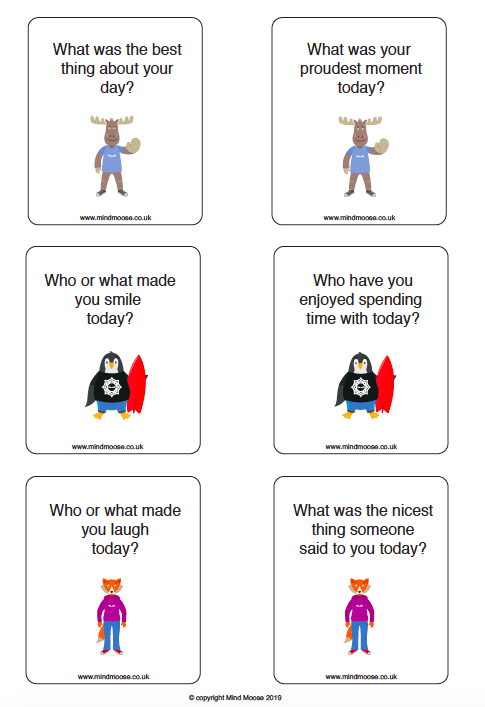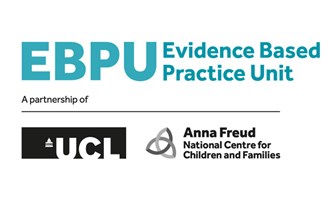SATS stress: signs to look out for and ways to help

Next week, many children in primary schools in England will be taking their SATS.
Though many schools, teachers and parents understand that SATS are nothing to be worried about, the unfortunate truth of our ‘achievement culture’ is that there can often be increased levels of SATS stress for some teachers, parents and subsequently children.
Some people judge schools on their SATS results and some schools therefore put pressure on teachers to get as high results as possible, which results in pressure inevitably being applied to children. Parents can also contribute to this at home if they buy in to the results culture.
As children pick up on adult stress very easily, they may feel there are real or perceived expectations about what they ‘should’ achieve and some children may feel anxious about the tests.
Signs of SATS stress
Children will rarely say ‘I feel stressed about SATS next week!’. It is very unlikely a child will recognise and tell you they are stressed! Instead they are mostly likely to show you through behaviour and emotional cues, though they may, if you are lucky, talk to you about their worries.
However, other signs you may notice are :
1.They may be unusually moody, angry or withdrawn, they may complain, cry or find it difficult to sleep (or sleep a lot) or have nightmares, their appetite might seem better or worse than usual.
2. Negative changes in behaviour are a real cue that something is wrong. If a usually happy, chilled out child becomes angry, withdrawn, or upset then it’s worth taking the time to chat to them and explore further.
3. Stress can often shows itself in physical ways. Complaints of tummy aches or upsets, feeling sick or headaches are a classic sign.Some children cannot explain how they feel ill, they just do. In a busy world with work/appointments to get to it can be frustrating for a parent not to have something to “put their finger on”. A hug (if they allow it) and a chat might sometimes be all that is needed.
4. Sometimes when feeling under stress children can find it difficult to make even , what seems like, the simplest of decisions. They might be appearing to dawdle over what to wear, what book to choose, what snack they want. If this is unusual for them it is sometimes helpful to reduce the number of options or guide them more than they might normally need.
5. Your child may start to talk negatively about school or people in it. There may be more reports of falling outs with friends. If this is unusual it is likely to be due to the immediate stressful situation but keep listening to what your child says and take note in case it escalates or is prolonged. As always talk to your childs teacher if you have any concerns.Remain loving and supportive and maybe try some of the ideas listed below to help.
Ways to help reduce SATS stress
- It might sound obvious but speak to your child – give them space and time to chat to you if they wish. Try not to focus every conversation around SATS, but be available to talk about their day and their feelings. Although sometimes it is tempting to allay our own fears, try not to push them if they don’t want to talk about it. A laugh, joke or being silly might also be what they need at times.
- Encourage your child to do fun things they enjoy. Sometimes stress can make it difficult to feel motivated or your child may feel that they should be ‘revising’. In this case you may need to lead the way with ideas and show them that having fun is positively encouraged!
- Teach your child (and maybe yourself!) how to relax – this simple, quick guided meditation is something you can learn together and can really help. Yoga is also great for combating stress that you might be able to try separately or together. You can give yoga a try in the privacy of your own home with many videos for parents/children now available for free online.
- It is easy in the midst of a stressful time to forget about the “basics” of self care. Where possible make sure as a family you are eating well, getting good restful sleep and drinking plenty of water. These are the good foundations for all of us to try and keep stress at bay but are often the easiest things to let slip!
- If your child is concerned about their results, reiterate that their best is good enough. This can be difficult for some parents if you have been brought up to be ‘results focused’, or you do not feel that your child is achieving their potential. However, like all of us, a child will be unlikely to achieve that potential if they are stressed/unhappy or feel under too much pressure. A fear of failure can often bring with it a fear of trying which can then limit children in the future. The phrase ‘practice makes progress’ can be helpful for some, to demonstrate that the children are not expected to attain perfection but are still encouraged to move forward.
- Try ‘positive post-its’. Little notes/quotes that can be stuck around the house, bedrooms, lunch boxes, cheering your child on and reminding them of how great they are and that you love them unconditionally.
- Some children find it difficult to express themselves verbally and the stress can be channelled in other ways. Singing loudly, controlled shouting (not at people or animals and in an appropriate space!), vigorous exercise (running, football, throwing balls long and hard (again not at anyone and in open spaces!) can all help release some of the anxious energy.
- Exercise! Where possible get out in the fresh air, run around, go for a walk or a cycle. If that’s not possible turn the music up loud and have a home disco! Those endorphins produced during exercise are a known stress buster and can really help you and your child!
So, there are 8 ideas that you can try to help your child to manage SATS stress, if they are feeling anxious. You know your child better than anyone so adapt them and use your own as required. If you have significant concerns about your child’s level of stress and it does not improve /or continues to worsen after the SATS have finished, consider seeking advice from your GP and do talk to your child’s teacher.









